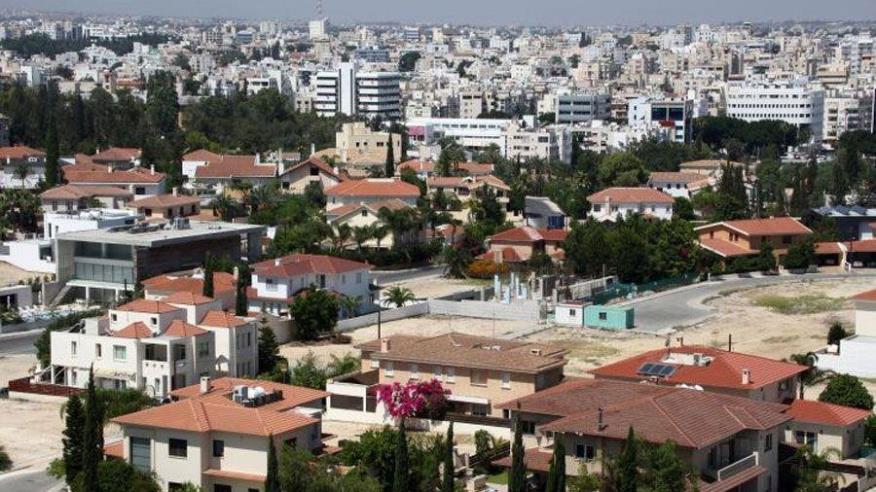05.07.2022
Residential property prices are on an upward trend as, according to the House Price Index of the Central Bank of Cyprus, house prices in the first quarter of 2022 (apartments and houses) increased quarterly in all provinces.
The increase in housing prices is mainly due to the purchase of apartments and to a lesser extent due to the purchase of houses. In particular, housing prices rose 1.5% year-on-year, 0.7% quarter-on-quarter, while apartment prices rose 6.8% year-on-year and 1.7% quarter-on-quarter.
Apartment prices continued to accelerate year-on-year growth in all provinces as seen in recent quarters, reflecting the trend of domestic buyers and investors to prioritize apartments over houses. House prices showed smaller increases in all regions, with the exception of the province of Nicosia, where there was a slight decrease of 0.2%.
In terms of annual changes in provincial house price indices, an increase was recorded in all provinces. In particular, in Nicosia house prices rose by 1.0%, in Limassol by 4.6%, in Larnaca by 1.6%, in Paphos by 5.7% and in Famagusta by 3.9%.
On a quarterly basis, housing prices recorded minor changes in Nicosia, Limassol and Larnaca and increased in Paphos and Famagusta. In particular, in Nicosia and Limassol they increased by 0.1% and 0.6% respectively, while in Larnaca they decreased by 0.2%. In Paphos and Famagusta, the growth was 3.3% and 2.1% respectively.
On an annualized basis, house prices rose in all provinces except Nicosia, where they fell by 0.2%. House prices in Limassol, Larnaca, Paphos and Famagusta rose by 2.1%, 1.3%, 4% and 2.4% respectively.
Apartment prices recorded quarterly growth in all provinces. In particular, they increased by 1.3% in Nicosia, 1.4% in Limassol, 0.8% in Larnaca, 2.7% in Paphos and 3.9% in Famagusta. Year-on-year, apartment prices also rose in all provinces.
In particular, in Nicosia prices rose by 3.4%, in Limassol by 6.9%, in Larnaca by 2.4%, in Paphos by 10.2% and in Famagusta by 8.3%. The significant increase in apartment prices recorded in the provinces of Paphos and Famagusta can be explained by the belated recovery of the real estate sector in these provinces compared to the rest of the provinces.
In particular, during the pandemic, apartment prices in the rest of the provinces even increased annually, while the provinces of Paphos and Famagusta saw a prolonged decline, as due to their heavy dependence on tourism, they suffered from a disproportionately high blow.
At the same time, in the provinces of Paphos and Famagusta, the number of housing units with building permits, which are an important indicator of future construction activity, has remained close to historically low levels since 2013 compared to the rest of the provinces.
Limited construction activity, coupled with rising demand, is creating a shortage in the housing market, which in turn is putting upward pressure on prices.
Domestic demand continues to support the continued rise in house prices. At the same time, the impending growth in demand from foreign investors and the rise in construction costs are also becoming regulatory factors.
















